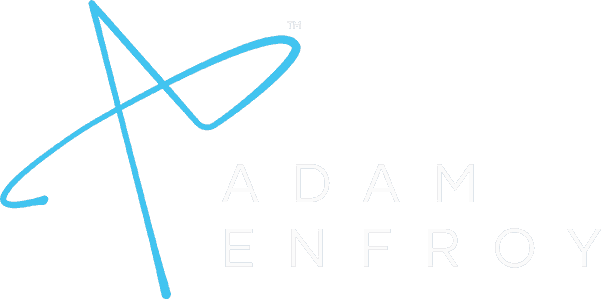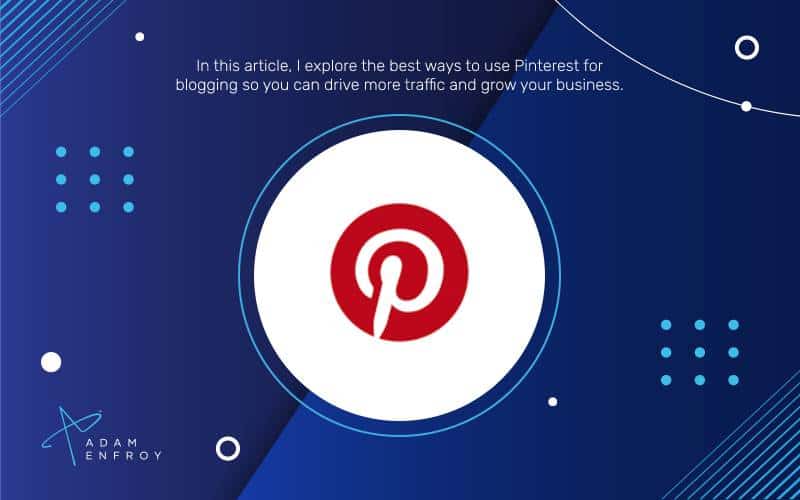Why You Should Start A Personal Blog In 2024

Picture this: you find yourself in a virtual oasis where your thoughts, passions, and hilarious misadventures take center stage.

If you’ve ever dreamt of being a master of words, a creative maverick (or just really enjoy writing in your pajamas), then, my friend, you’re in for a wild ride.
Personal blogging is not just for professional writers or those with a mysterious “writer gene” tucked away in their DNA.
It’s a wondrous playground where even the most unconventional souls can shine.
In this blog post, I’ll share with you why you should consider creating your own personal blog.
Whether you are a complete beginner or have been fiddling around with a blog for some time, I’ll show you how to get started and share some tips for success.
- Top Reasons To Start A Personal Blog
- Top Considerations When Starting A Personal Blog
- Keeping Your Blog Organized
- Steps To Create Your Blog
- How To Make Money From Your Blog
- Understanding Your Audience
- Optimizing Your Blog For Search Engines
- The Role Of Social Media In Blogging
- Overcoming Common Blogging Challenges
- Wrap Up.
Top Reasons To Start A Personal Blog
Let’s look at why you should start a personal blog today.
You Can Express Yourself Creatively
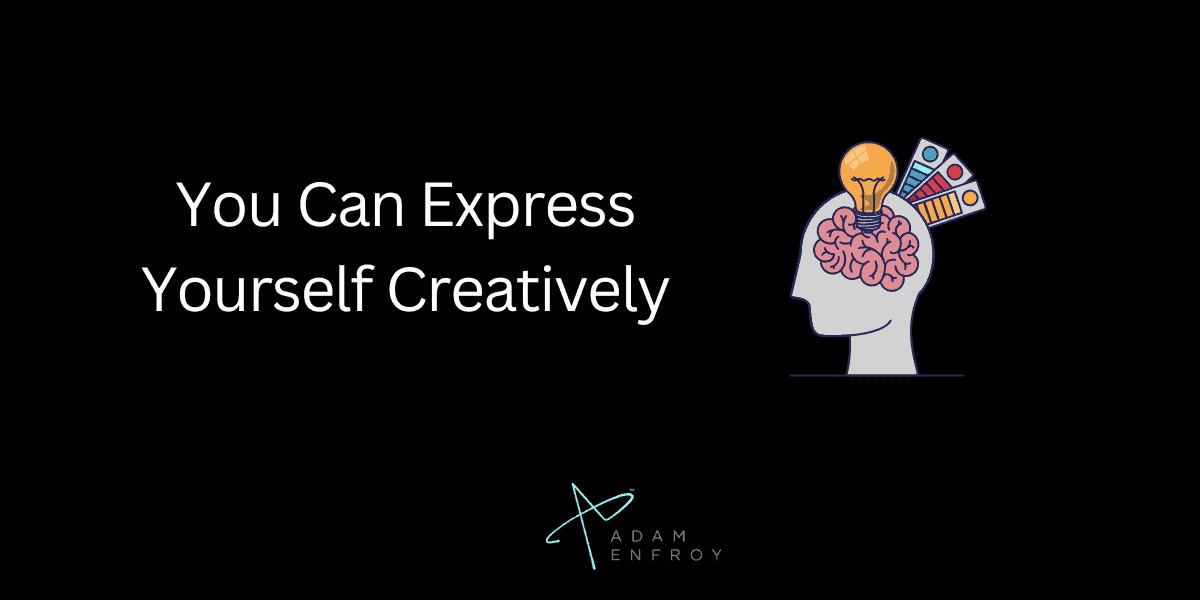
With a personal blog, you can write about anything that interests you, whether it’s fashion, food, politics, or technology.
You can also share your thoughts, ideas, and experiences.
A personal blog lets you use your writing skills to showcase your creativity.
You can experiment with different writing styles and formats, such as lists, reviews, personal essays, etc.
You can also incorporate visual elements like photos, videos, and infographics to make your own personal blog more engaging and interactive.
You Can Build Your Online Presence
In today’s digital age, online presence is crucial for personal and professional growth.
A personal blog is a great way to establish your online presence and showcase your expertise in a particular field.
Use your own blog to connect with like-minded people, share your insights, and engage with your audience.
You can also use your blog to promote your skills and services, such as freelance writing, photography, or consulting.
A personal blog can help you build a solid online brand that can open up new opportunities for you and your career.
You Can Learn New Skills
Starting a personal blog can help you learn new skills and improve your existing ones.
Regular writing helps you refine your writing skills and develop your writing voice.
You can also learn about digital marketing, SEO, and other technical skills to help you grow your blog and reach a wider audience.
Moreover, blogging can help you become a more organized and disciplined person.
It requires a commitment to creating and publishing content regularly, which can help you develop good habits and routines.
You Can Connect With A Community
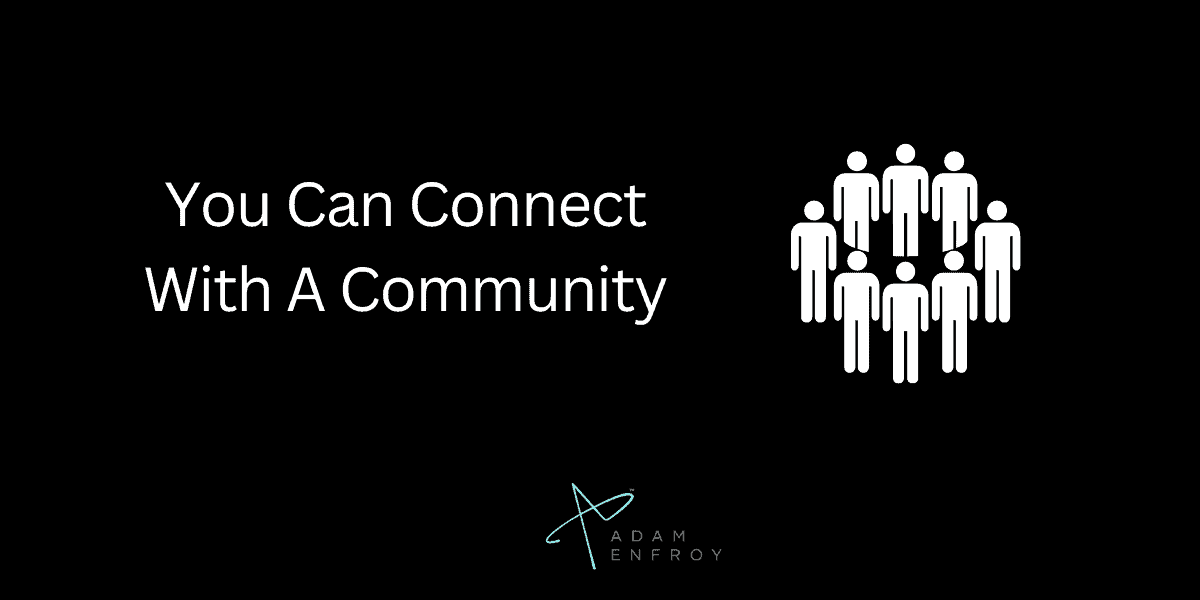
Another benefit of starting a personal blog is connecting with a community of like-minded people.
Blogging allows you to share your experiences and perspectives with others and engage in meaningful conversations about topics that interest you.
Through your blog, you can meet new people, learn new things, and build relationships with others who share your interests.
You can also use your blog to support a cause, promote a message you believe in, and connect with others who feel the same way.
Personal Blogging Is An Effective Tool For Businesses.
Blogging is an excellent way to increase traffic to your website, generate leads, and improve conversion rates.
Businesses can use a blog to share industry-related news, tips, and unique insights.
Regular blog posts signify that you are active and current with industry trends and developments.
Top Considerations When Starting A Personal Blog
If you’re convinced that starting a personal blog is the right choice, here are some considerations to remember before starting.
Your Blog’s Theme
Your blog should reflect your personality and interests.
Selecting a theme can be challenging, and that’s why you need to factor in your passions, as they are the driving force behind your content.
You might build a cooking, fashion, music, personal experiences, or even a travel blog.
Whatever your niche is, ensure your blog theme is engaging, interactive, and communicates your personality.
Setting Up Your Blog Site
Create your blog site now that you have identified your niche and theme.
You need to take a few steps to identify the platform you want to use.
Well-known platforms like WordPress, Blogger, and Wix are popular among bloggers due to their user-friendly interfaces and customization options.
Choose one best suited to your needs, budget, and design preferences.
Creating Great And Engaging Content
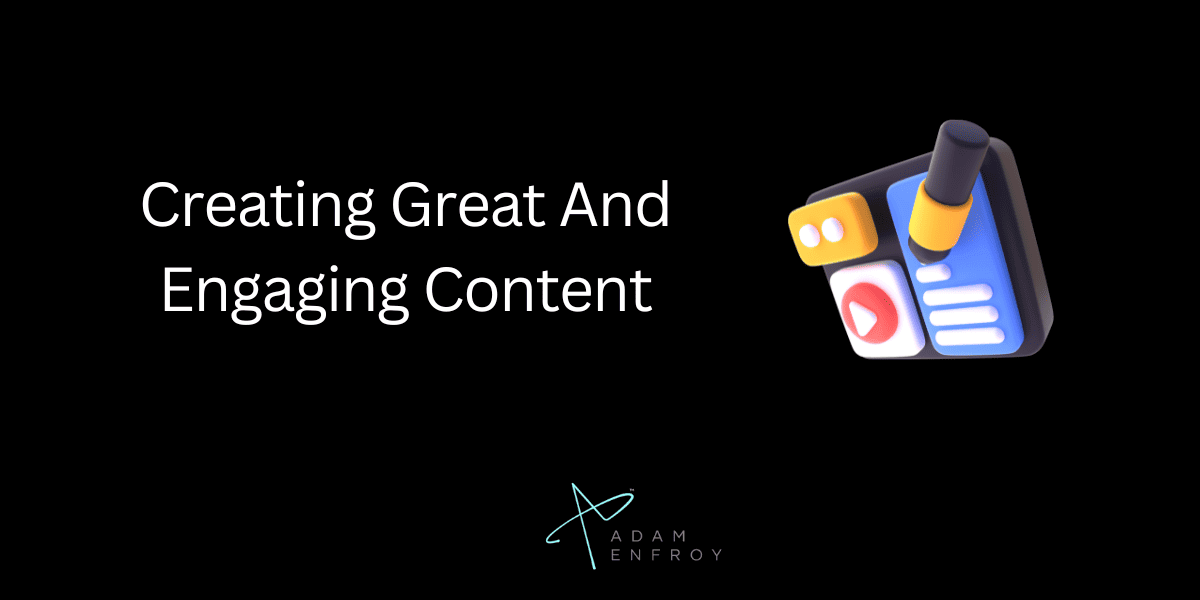
One of your main aims should be creating content that resonates with and engages your audience.
Craft your blog post’s title and use keywords that align with your subjects.
Using images and videos will also enhance the look and feel of your blog.
Excellent content creation means you must be authentic and consistent and post regularly on your blog.
Promoting Your Blog Online
You want many people to read and follow your blog as a personal blogger.
To achieve this, you must promote your content on multiple online platforms, such as email marketing, social media channels, or content-sharing websites.
It gives you more exposure, and the chances of growing your audience are significantly higher.
Learning From The Best
There are many personal bloggers out there that can teach you valuable tips and tricks.
Following renowned bloggers within your niche will inspire and guide you in improving your craft and connecting with your audience.
Learn from their mistakes and put their insights to good use as you develop your blog.
Keeping Your Blog Organized
A well-organized and structured blog makes it easy for readers to navigate and helps keep them engaged.
The first and most important tip for organizing a personal blog is consistency in formatting.
Using the same font, heading styles, and color schemes throughout your blog.
It helps to establish your brand identity and makes your blog instantly recognizable.
A well-designed blog doesn’t need to be complex- simple is often best, so don’t be afraid to keep your design clean and minimal.
Next, consider the structure of your blog posts.
The format should follow the familiar introduction, body, and conclusion model, but you can add extra sections such as bullet points, graphics, or quotes within this framework.
The body of your post should consist of shorter paragraphs than those in a formal essay to make it easier to read and digest.
White space is also crucial for readability- long paragraphs can be overwhelming and lead to readers losing interest.
Another essential part of a well-organized personal blog is the inclusion of an “About” page.
This page should be where you introduce yourself and explain your background, interests, and why you started the blog.
You can also use this page to share photos and upcoming projects or collaborations.
By including an About page, you connect with your readers and showcase your personality, which helps retain their interest.
In addition to About, you should have a Contact page where readers can contact you with feedback, inquiries, or collaborations.
This page should be easily accessible from your homepage and linked to your email address or social media channels so readers can find you quickly.
Also, include links to your social media accounts throughout your blog so readers can follow and engage with you on different platforms.
Don’t forget the power of search engine optimization (SEO).
By optimizing your blog posts for search engines, you can increase your online visibility and attract new readers.
Research targeted keywords and use them in your blog posts, use descriptive titles, and include meta descriptions and tags.
Over time, with proper SEO, your blog can attract visitors organically, which ultimately leads to more engagement and repeat visitors.
Steps To Create Your Blog
From selecting your hosting and domain provider to choosing a template design and writing your first post, here are a few vital steps to creating your blog.
Decide On Your Hosting And Domain Registration Options
Before setting up your blog, choose your hosting and domain registration options.
There are many hosting providers, but some of the most popular ones include Bluehost, GoDaddy, and HostGator.
As for domain registrars, you can consider WordPress, Squarespace, or Wix.
The key is to choose a reliable provider with good uptime and customer support, as this will affect the performance and accessibility of your blog.
Choose A Relevant Domain Name
Your domain name is like your blog’s address or URL.
Choose a domain name relevant to your niche or topic, easy to remember, and simple enough.
You can use keywords, your name, or a creative name that reflects your personality or brand.
Just check if the domain name is available and not trademarked or copyrighted by someone else using a domain registrar.
Select A Template Design
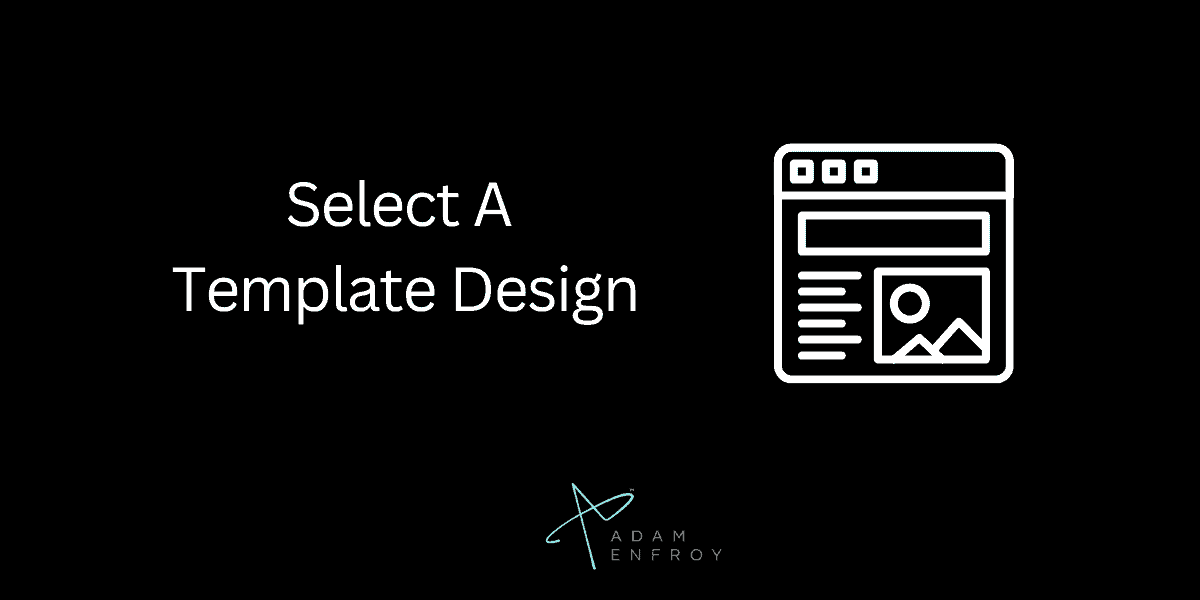
Most hosting and domain providers offer a variety of template designs that you can customize to fit your needs.
You don’t need to be a web designer or programmer to create a visually appealing and functional blog.
Look for a template that matches your style, showcases your content, and has the features you need, such as a search bar, social media icons, and a responsive layout.
You can also add plugins or widgets to enhance your blog’s functionality, such as a contact form, a newsletter subscription, or analytics.
Set Up Your Blog Settings
Once you have your hosting, domain, and template set up, configure your blog settings.
Set up your blog title, tagline, categories, and permalinks.
Your blog title and tagline should be descriptive and catchy, while your categories should be relevant to your topics and easy to navigate.
Your permalinks should be short and include the post title for better SEO.
Write Your First Post
Congratulations, you’re ready to start writing your first blog post!
You can choose your topic or use writing prompts to get inspired.
Make sure to write in your voice, be clear and concise, and provide value to your readers.
You can also add multimedia elements, such as images, videos, or infographics, to make your post more engaging and shareable.
Remember to proofread and edit your post before publishing it.
Promote Your Blog
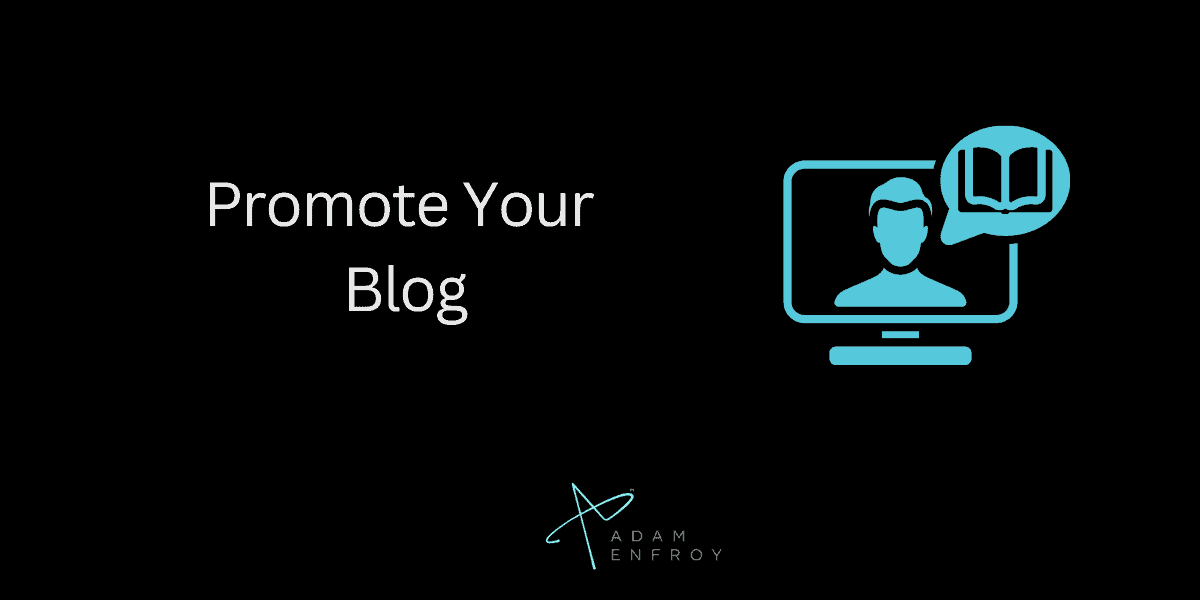
Writing great content is just the first step in creating a successful blog.
You must also promote your blog to attract readers and build a community.
You can use social media platforms like Facebook, Twitter, LinkedIn, or Instagram to share your posts and interact with your followers.
You can also collaborate with other bloggers or influencers in your niche, guest post on other blogs, or participate in online forums or groups.
The more exposure and engagement you get, the more traffic and subscribers you can gain.
Keep Blogging
Last but not least, remember to keep blogging and improving your skills.
Blogging is a continuous process of learning, experimenting, and adapting.
You may face some challenges and setbacks, but don’t give up.
Stay consistent, authentic, and passionate about your blog; you’ll see the results over time.
How To Make Money From Your Blog
Let’s discuss some practical strategies and tips to monetize your blog.
Affiliate Marketing
If you are an avid blogger, you are most likely aware of affiliate marketing.
In affiliate marketing, you promote various products on your website and earn commissions when someone buys using a specific link.
Affiliate marketing is a great way to monetize your blog without creating your product.
You must sign up with affiliate programs relevant to your niche and have a reasonable commission rate.
Amazon Associates, ShareASale, and CJ Affiliate are some popular affiliate programs.
However, you must only promote products or services that align with your blog’s tone and message.
Display Advertising
Display advertising is all about putting ads on your blog.
Your earnings are based on the number of clicks or impressions you receive.
Google AdSense is a user-friendly platform enabling bloggers to display website ads.
It is famous as Google does all the legwork, like finding advertisers, serving ads, and collecting payments.
While display advertising is less lucrative than affiliate marketing or digital products, it is relatively easy to implement.
However, ensuring that the ads do not compromise your blog’s user experience is essential.
Sponsored Posts
Sponsored posts are articles or content that you create in collaboration with brands.
You promote or feature the brand’s product or service in exchange for a fee.
Sponsored posts are an excellent way to add income streams.
Brands usually contact bloggers if they feel their niche aligns with their product.
However, you can also pitch and approach brands you believe would fit your blog nicely.
Ensure that sponsored content aligns with your brand and tone.
Digital Products
Create digital products like e-books, printables, courses, or other content you can sell from your website.
Creating digital products requires time and effort, but they can add a significant revenue stream if you do them well.
You must ensure digital products align with your blog’s niche and generate value for your readers.
Create a product that addresses a unique need of your audience.
Consulting And Coaching
Consulting and coaching services provide personalized guidance to your readers.
These services suit business owners that want to create finance, wellness, or even a lifestyle blog.
Bloggers can offer consulting and coaching services online via phone, email, or messaging.
Your audience is paying for your expertise in your niche.
Understanding Your Audience
Identifying your target demographic is the first step in creating a type of blog that is both engaging and informative.
Whether you write personal stories or share your life experiences, catering to your audience’s interests is essential, especially if you create a lifestyle or food blog.
Researching the best personal blog examples and popular individual blog sites can be a great way to get inspiration for blog topics.
Analyzing blog comments and utilizing analytics can help you understand audience behavior and adjust your content strategy accordingly.
Content marketing and marketing strategies, such as building an email list and creating FAQs, can also significantly contribute to the success of your blog.
Creating an excellent personal blog requires attention to detail and understanding your target audience.
With the right approach, anyone can create a successful personal blog that resonates with their readers.
Optimizing Your Blog For Search Engines
Search engines are a significant factor in the success of any blog.
Optimizing your blog for search engines ensures it reaches its potential audience.
One of the first things to think about is your blogging platform.
While many options exist, including popular personal blogging platforms like WordPress.org, opting for a self-hosted site with a web hosting plan can offer several benefits.
Not only does this give you greater control over your blog and its monetization potential, but it also helps to establish a stronger personal brand.
Another critical component to consider is keyword research and usage.
Incorporating relevant keywords into your personal finance blog or other niche sites can attract more targeted traffic and generate passive income.
Additionally, utilizing meta tags and descriptions can help to boost your site’s SEO even further.
Finally, link-building strategies for blogs can be incredibly effective in improving your search engine rankings.
Whether starting your first personal blog or looking to improve on an existing site, having a DIY approach to optimizing your WordPress theme can help you stand out in a crowded field of lifestyle and food blogs.
These key strategies can also set you apart from other best personal blogs in your niche.
The Role Of Social Media In Blogging
When it comes to creating the best blog, content is critical.
Your content will only reach your target audience with effective marketing strategies.
Social media can be a powerful tool for promoting your blog content and engaging with your followers.
Many of the most popular personal blogs utilize social media platforms to drive traffic to their blog sites and increase their email list.
One effective way to promote your blog on social media is by sharing snippets of your content, such as tutorials or step-by-step guides, or teasing upcoming blog posts.
Additionally, engaging with your followers through blog comments or even starting a podcast can help build a sense of community around your blog.
To take your social media strategy to the next level, consider using social media analytics to inform your decision-making.
By analyzing data on which types of posts are most successful and which platforms drive the most traffic, you can refine your social media strategy for maximum impact.
Successfully monetizing your blog and turning it into a full-time gig often relies on effective content marketing and social media engagement.
By studying the marketing strategies employed by successful personal blogs and utilizing social media to its fullest potential, you can increase your chances of building a successful blog.
And remember to keep track of the most popular personal blogs and their faqs to inform your blog’s content.
Overcoming Common Blogging Challenges
Maintaining a successful personal blog can be challenging, especially as a full-time blogger.
However, specific step-by-step strategies can help you overcome common blogging challenges.
One of the biggest challenges is maintaining consistency in posting.
To achieve this, create a schedule for posting and stick to it.
Additionally, you can use DIY tutorials, personal stories, and life experiences to create exciting and engaging blog content that resonates with your readers.
Another common challenge is writer’s block, but various FAQs or blog comments can inspire you to spark new ideas and overcome this hurdle.
As you manage negative comments or feedback, remember to respond respectfully and positively and use them as an opportunity to improve your brand.
Finally, balancing the quality and quantity of your blog content is vital to building the best blog possible.
To make the most of your efforts, you can use content marketing and the best personal blog examples to inspire your creativity and achieve your blogging goals.
Wrap Up.
Starting a new blog builds your online presence, reaches new audiences, and potentially makes money.
With so many opportunities to monetize, from affiliate marketing to selling digital products, you have plenty of options.
Finally, remember that building a successful blog is a series of consistent steps that require patience, dedication, and time.
Keep at it, and you’ll eventually see the rewards of your hard work.
Further reading on AdamEnfroy.com: There are various types of personal blogs you can choose to start.
Here are some ideas:
Moreover, here are some of the best blog ideas and topics that are currently popular.
